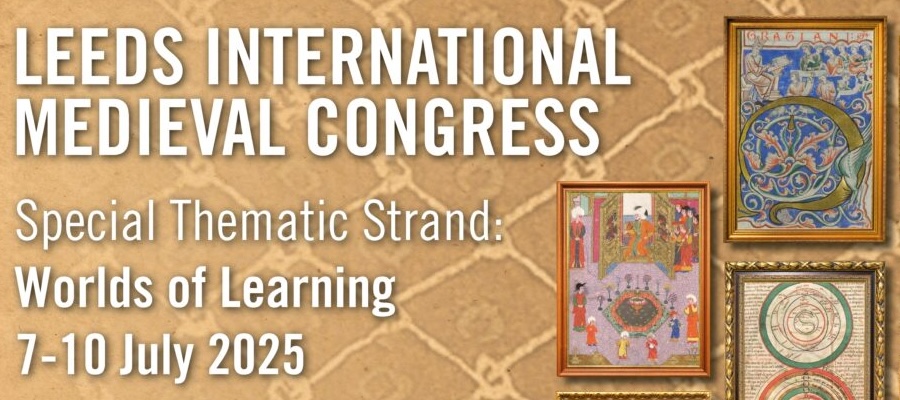The Monastic Movement in the Early Middle Ages, 500 to 800, session at the 2025 International Medieval Congress, University of Leeds, July 7–10, 2025
Monasticism, in a Christian sense, started as a diverse and polyvocal late antique movement. However, over the course of the fifth and sixth centuries, due to progressive literarisation of monastic traditions it gained a semblance of homogeneity. Rules and catalogues of expected behaviours, started to spread. Ecclesiastical and lay authors perceived monastics more and more as a singular fraction of society. Beneath the surface, however, a range of different strategies, peculiar traditions, and regional specificities continued to flourish. Many external forces contributed to the continued development of diversity within the monastic movement. Moreover, western Christian monasticism did not exist in isolation there were other ascetic movements in the interconnected Afroeurasia. Partly hidden by the rhetoric of seclusion and desert, the city remained a phenomenon with considerable draw.
Through a progressive process of adaptation and appropriation, urbanity was claimed as a central tenant of communal living. For monasticism, the city could function as a quarry - both conceptually and physically. A string of new spiritual interactions with urban space appeared, reflecting the reciprocal nature of the relationship.
At the same time, under the guise of codification, the movement maintained the capacity to innovate and to tolerate ambiguity. The ambivalence of personal authority and normalisation was not a bug, but a feature even on a regional level. Far from developing a unified tradition, monasticism from 500 to 800 upheld the tension, and profited from diversity.
One of the vehicles that pushed the movement was teaching and learning. Coming from the spiritual guidance of the desert fathers, monasticism rested on the continuous acquiring of knowledge. What was taught could vary just as much as the ways in which it was taught. Be it in collective reading practices or school practices, a communal teaching experience started to emerge.
We invite papers that engage with these processes of transformation. We especially welcome contributions that compare or contextualise the mediterranean, Christian monasticism with other non-western or non-Christian ascetic movements.
We encourage propositions by Early Career Scholars and scholars of less privileged backgrounds.
Session organizers
Mateusz Fafinski
Jakob Riemenscheider
